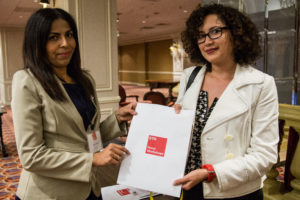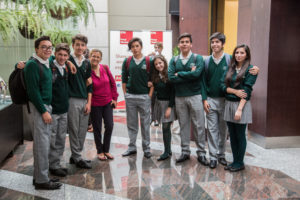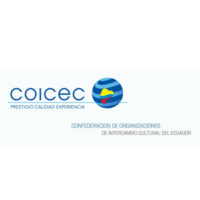Higher Education Trends: Globalized World Built On MOOCs?
Today we would like to take a step back and try to take a look at the bigger picture. We keep asking ourselves: what will be the future of higher education? What role will studying abroad play in it? Is the popularity of massive open online courses (commonly known as MOOCs) going to outgrow traditional modes of learning?
Are we going towards a world of fully-digitalized education?
Many great minds of our century have analyzed this idea. Here is what a few of them have come up with:
Our first choice is world-famous philanthropist and mega-entrepreneur Bill Gates, who shares his ideas about social and technological change and higher education. Let’s see why he believes MOOCs cannot replace educational experience:
Second is Pulitzer Prize winner and The New York Times columnist Thomas Friedman, who discusses globalisation and the future of higher education in our increasingly hyper-connected world. What are the necessary skills we need to develop in order to adapt successfully? Let’s find out why being average is not enough anymore:
Next, astronomer, educator and former Chair of The Department of Astronomy at Columbia University, David Helfand shares his experience at Quest University using a non-conformist approach towards higher education:
Former Vice Chancellor of Administration and Finance at UC Berkeley John Wilton discusses income flow in universities, trends in higher education and the impact of online learning:
Finally, Tony Blair, former Prime Minister of Great Britain, discusses global citizenship, internationalisation of higher education and its benefits for the country’s economy and educational system:
As you can see, a lot of trends point towards international student mobility, online or blended learning. It seems indeed that high technology developments will play an increasingly vital role in the future of education.
So, is your university ready for the future?
Which of you institution’s online or blended learning initiatives are you most proud of?
What kinds of innovative education-related technology do you offer to your students?
Let us know in the comments!










































